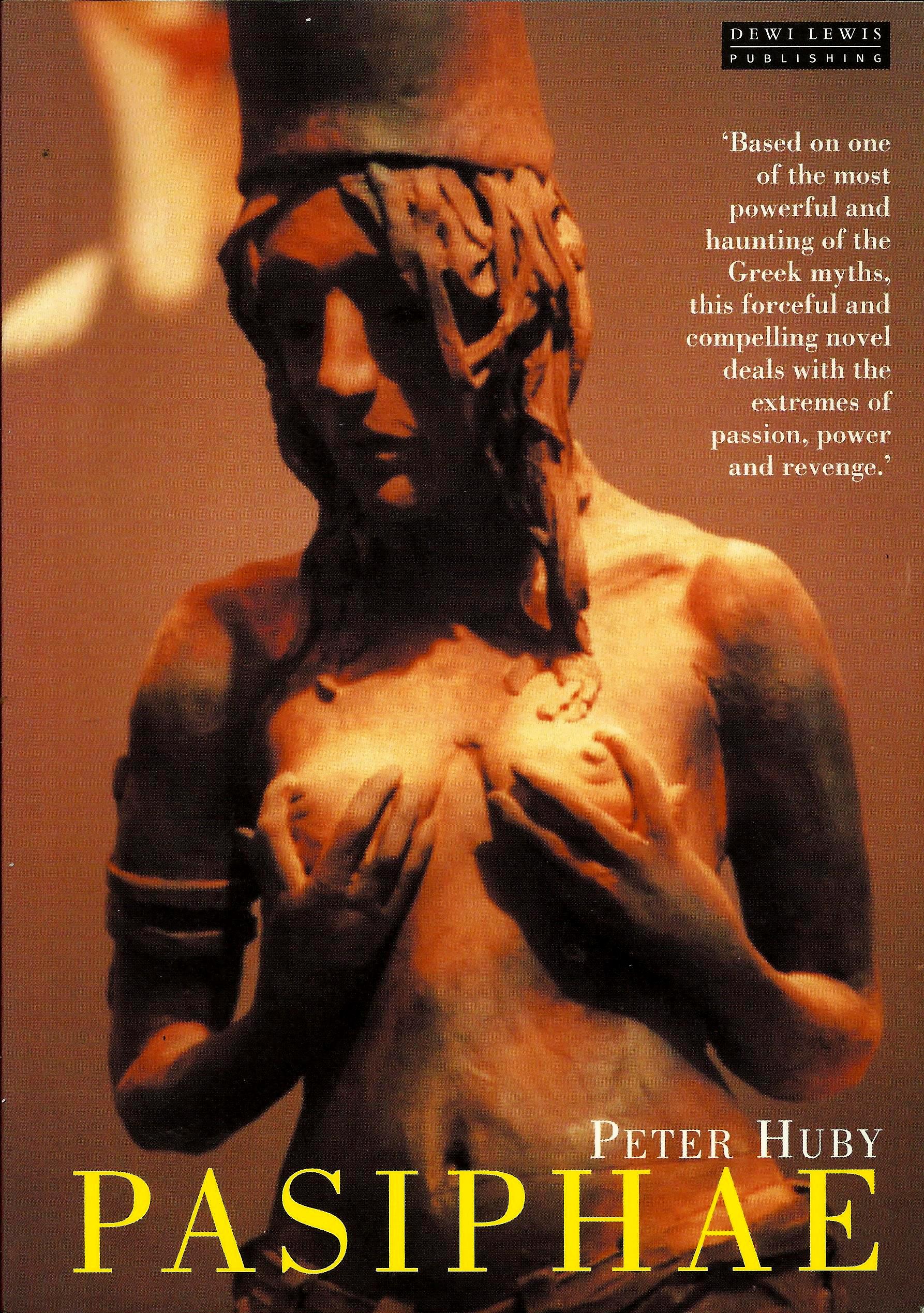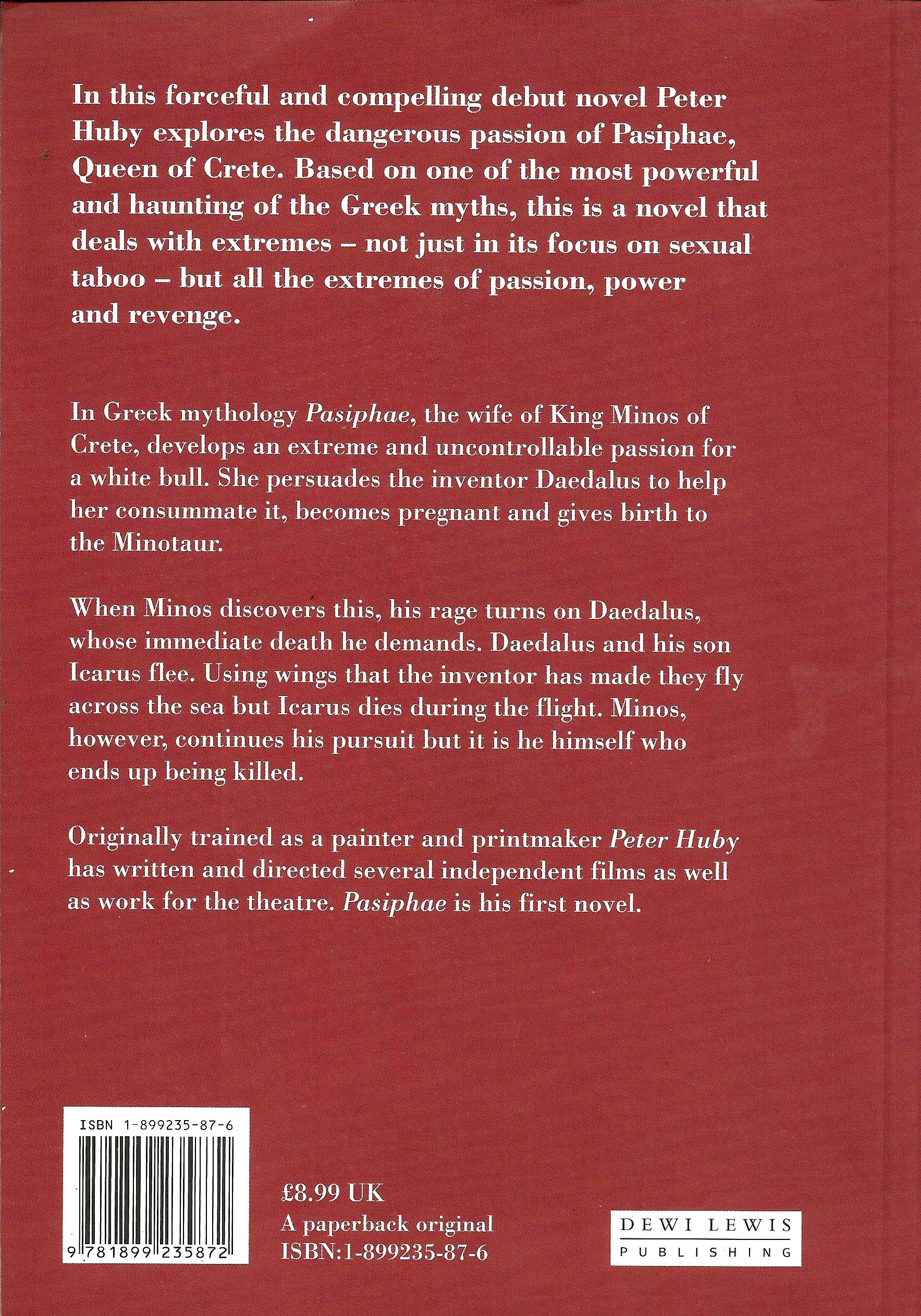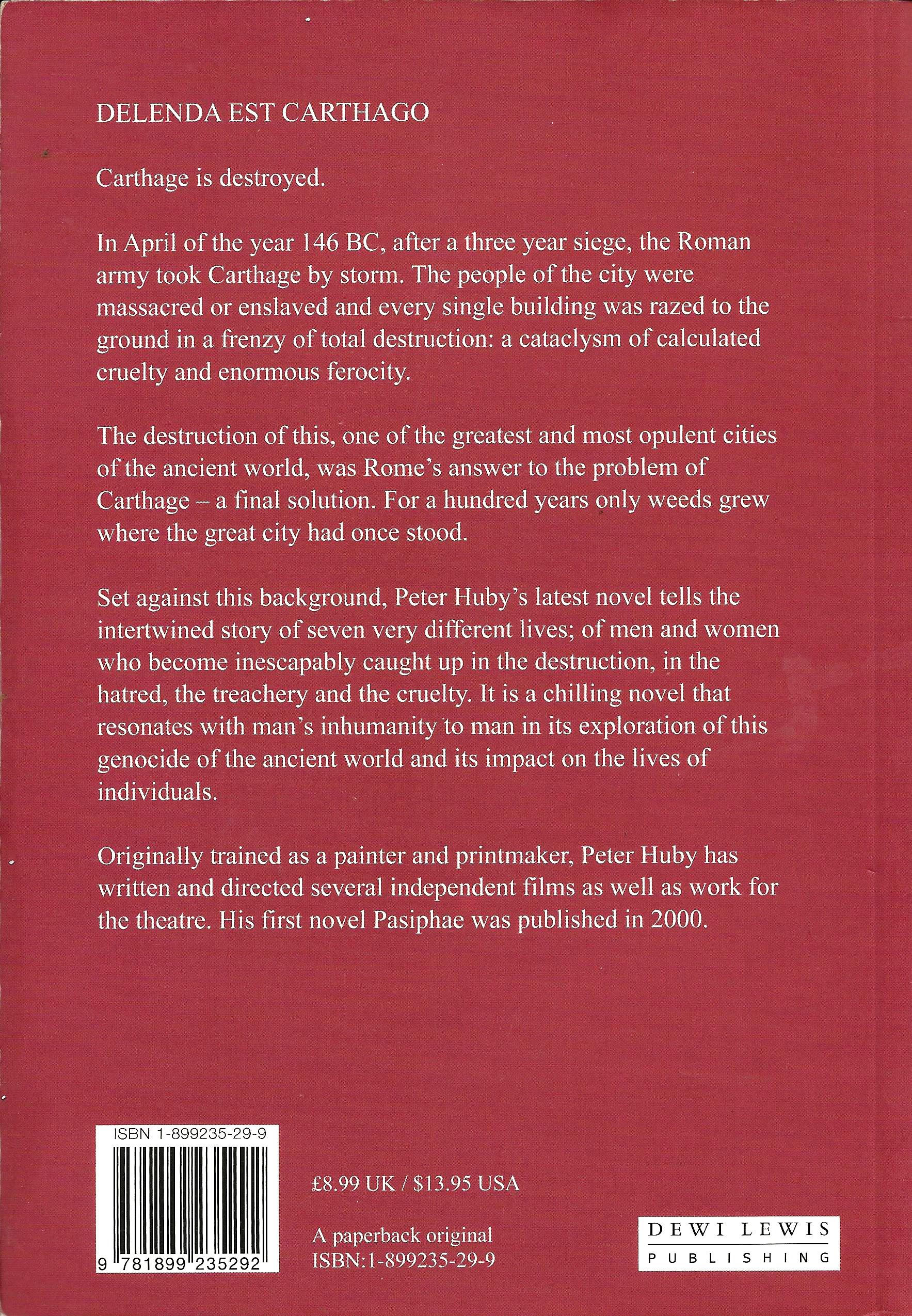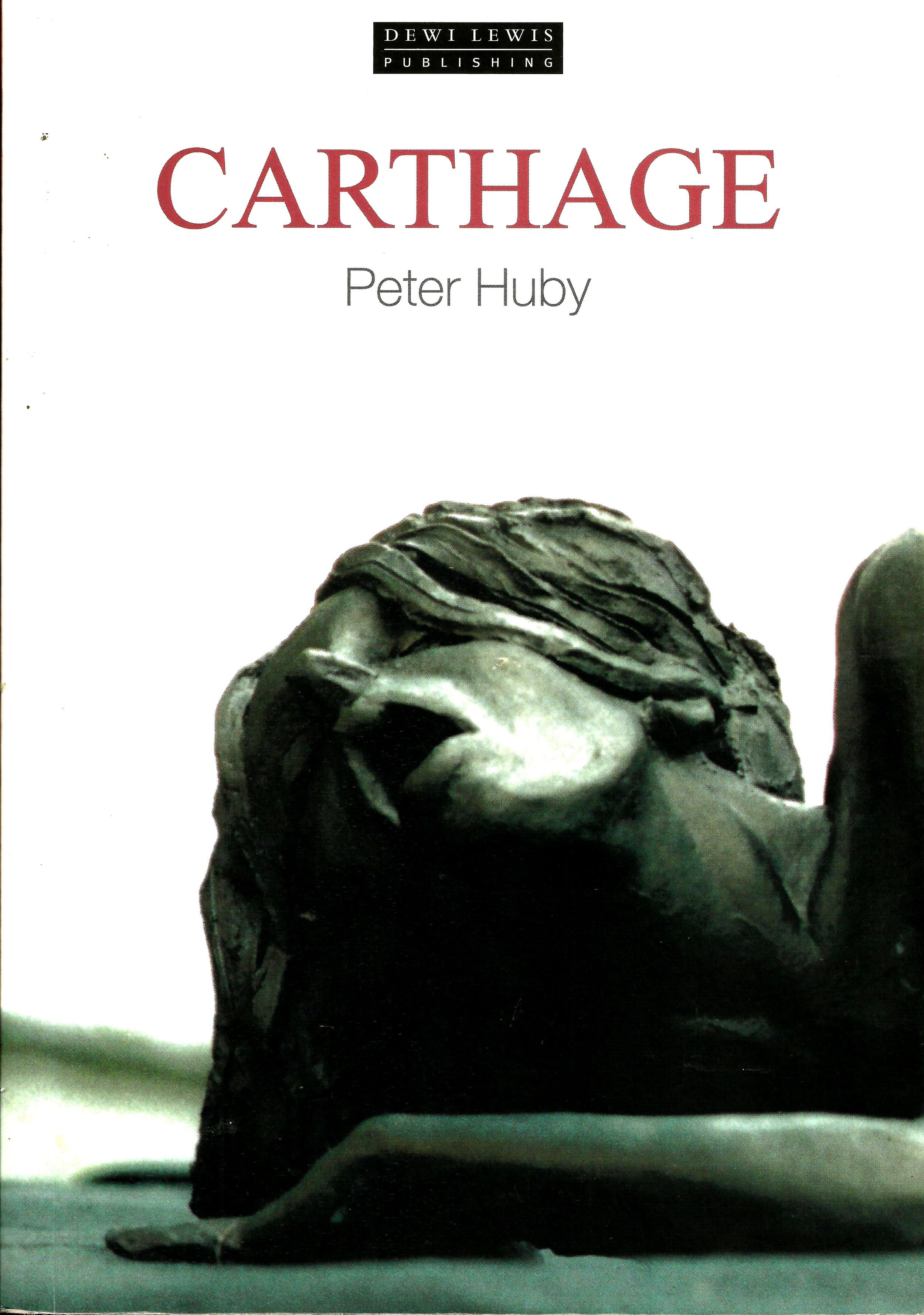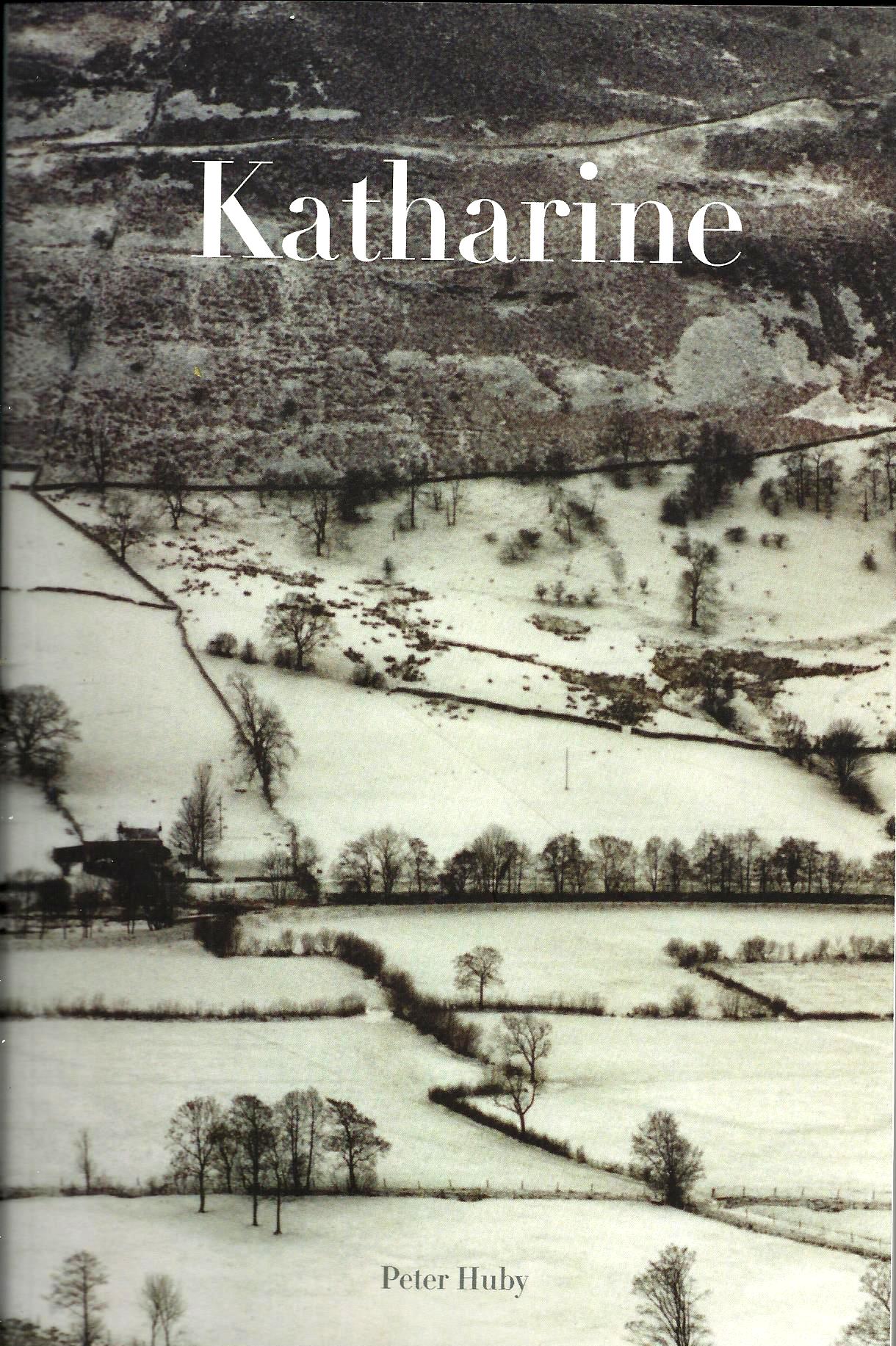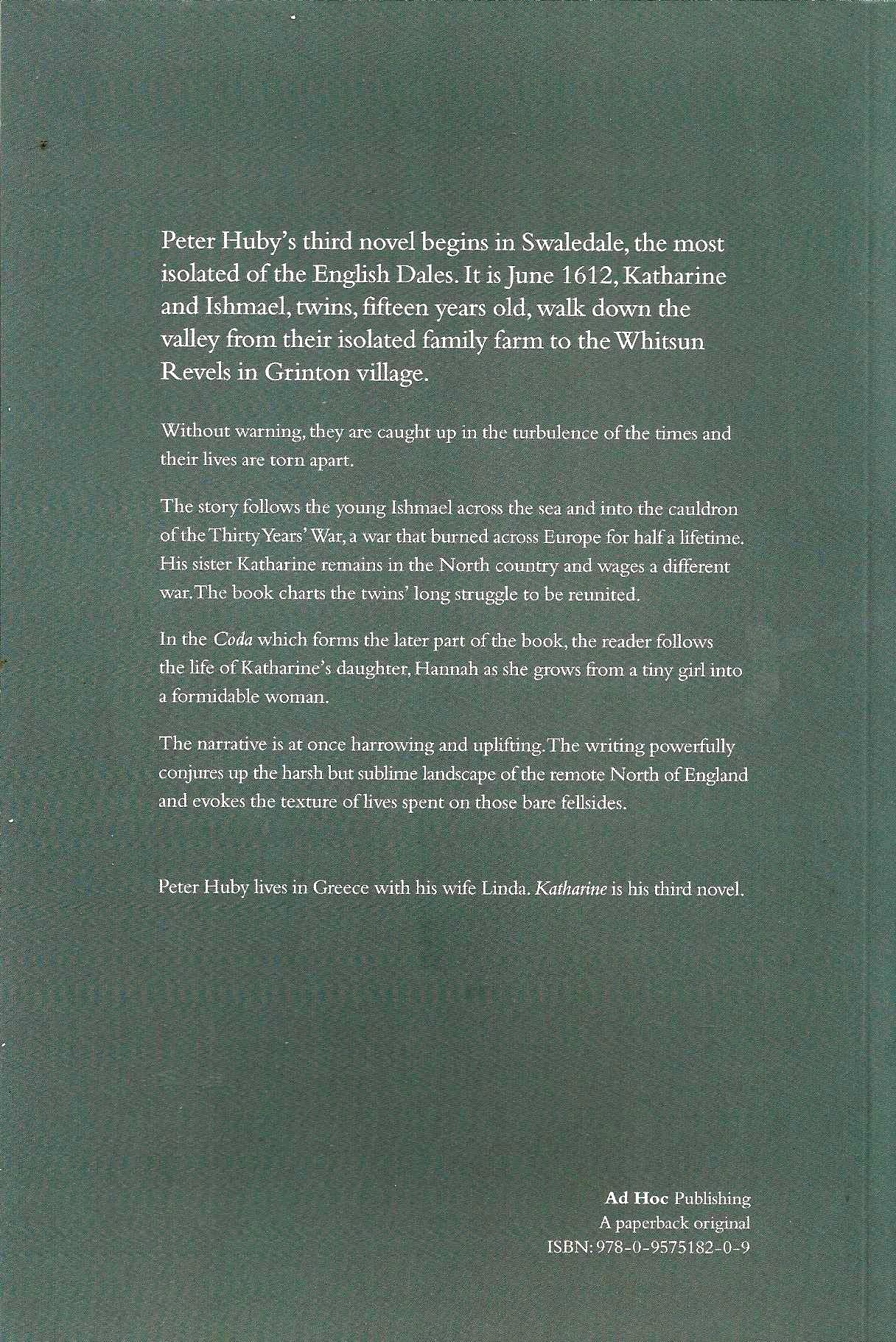Books
I began writing fiction after I left teaching in 1997. I had written stuff when I was younger, years before, and I had written school shows, bits and pieces about teaching, but nothing substantial.
It was reading Cormack McCarthy’s Border trilogy that somehow allowed me to begin writing fiction. His writing has an overwrought quality, not rhetorical exactly, but heightened. I had found that my own writing often drifted toward a certain high style which had seemed callow, foolish, to me at the time, until I read the McCarthy books.
If he can get away with it, I may have thought, then so can I.
Pasiphae.
I had been passionate about ancient Greece as a boy and a couple of years before I began writing, I had visited Greece for the first time. Without making any conscious choice, I began working on the story of Pasiphae and Daedalos. It was easy, like having a television. You just switched it on and there it was, this landscape, these people, waiting to move. There was no framework to speak of except the given framework of the myth itself, but even that story has a number of variants. The plot of my own version took turns which I hadn’t anticipated. My copy of Robert Graves’ Greek Myths was well thumbed.
It took me about eighteen months to write Pasiphae and during that time I made a number of ceramic sculptures relating to the story (see Sculpture)
Luckily, I found a publisher easily, Dewi Lewis, which is an unusual experience I understand. A couple of years later Dewi Lewis published my second novel.
Carthage.
Linda and I were on holiday in Tunisia in the Winter of 1999 and happened to be sitting on the suburban railway which serves the city of Tunis. There was a list of the stops on the line we were travelling on, or did we pass a stop, I don’t remember. It said Carthago, and another stop was called Salammbo. I had read (some of) Flaubert’s strange novel, which is set in Carthage during the firstPunic war, and the penny dropped. Ancient Carthage stood next to the sea, close to what is now Tunis.
We got off the train and poked around the original harbours, now no more than large ponds. There was a museum on the top of the Byrsa hill but it was closed. It was raining, as I recall, a wet afternoon, and something about the place and its lost history caught my imagination.
There is only one extant contemporary account of the fall of Carthage and that fragmentary, but when I began to write I did feel some sense of obligation to what was known about the city and its fate. We returned to Tunis a few months later and, later again, spent time in Rome, ferreting among the surviving remains of the republican city.
Katharine.
The story of Katharine started out years ago as a screen play, but for a long time I could find no money at all to make the film, so I began to rewrite and extend it as a novel. Several things informed the writing, one was a preoccupation with the work of John Webster, the Elizabethan playwright and another was the fact that I had grown tired of my own writing style and was pleased to be able to write in a different register. We had been living in the Yorkshire dales for some years and I was painting pictures of that landscape. I set much of Katharine’s story in those northern dales.
Whilst I was writing we made trips to Prague, Heidleberg and the Neckar valley and visited the Wimpfen battlefield. Most of the historical background relating to the thirty years war was derived from C. V. Wedgwood’s compendious account. I also read Grimmelhausen’s Simplicissimus. In fact, I assembled quite a long shelf of material relating to the project.
Sometime around 2000 I finally found the money to make the film Quietus.
The novel writing project, which by now had become a quite separate thing, lost its way and I stopped working on it. When we left the country in 2004 I brought the text with me to Greece, but never did anything to it at all, until maybe 2011, when I came up with the simple expedient of removing all of the bits that I wasn't happy with, about a third of what I had written.
When I approached Dewi Lewis to ask if he might consider publishing the book, I discovered that he was no longer publishing fiction at all. I had little interest in trying to find another publisher so we printed a few hundred copies just so that there were hard copies in the world. The book already existed on my laptop but I wanted proper copies that you could pick up, or put down.
You can purchase Katherine for £12.95 including postage and packing from this website here
Children of Pelops
Pelops wins his first kingdom by treachery in a chariot race. He goes on to found a nation, but he and the children of his house carry the curse of that crime.
Pelops has two sons, Atreus and Thyestes. Atreus becomes a king and his brother plots to seize his throne.
Atreus’ retaliation for his brother’s duplicity is terrible.
In his turn, Atreus’ son Agamemnon becomes king. He is willing to make any sacrifice to further the cause of his war, the war of Troy.
When he returns from Troy, Agamemnon’s wife takes her own revenge on her perfidious husband.
They have a son, Orestes, and he too is caught up in the cycle of retribution.
This book tells of a family madness seen through the eyes of those around them.
The story is not new, not at all. In the West, the tale of Pelops and his children is a founding narrative.
You can purchase Children of Pelops for £20.00 including postage and packing from this website here
Hannah
Peter Huby’s fourth novel tells the story of Hannah Syll, a country girl, and of her long exile from the place of her birth, during the turbulent years of the English Civil War, and of her attempts to escape her past.
She learns to survive in a dangerous world. She is a child of the times, a witness to England’s drift toward revolution.
The book forms a sequel to his third novel, Katharine. On the first day of August 1640, seventeen year old Hannah Syll walks away from her burning home in the remote North Country, fleeing the memory of the devils that beset her.
She walks South and East through Richmond and Ripon to the city of York in the darkening days before the outbreak of the English Civil War.
She remains in York when the city is besieged by Parliament’s armies and she is present at the battle of Marston Moor, fought just a few miles from the city.
Against the backdrop of the war Hannah’s own life unfolds with restless urgency as she contends with her demons.
The book conjures up with arresting vividness a vision of life during those distant years.
You can purchase Hannah for £12.95 including postage and packing from this website here
